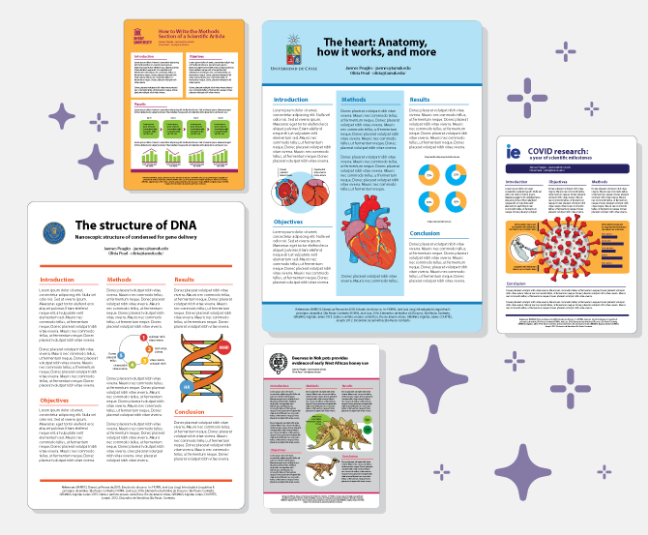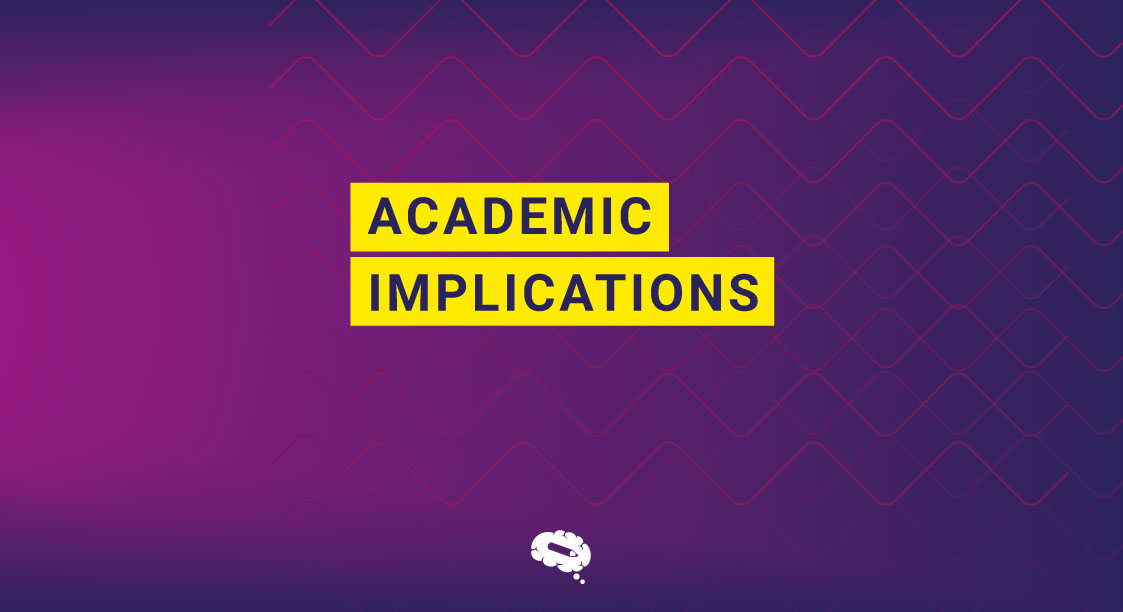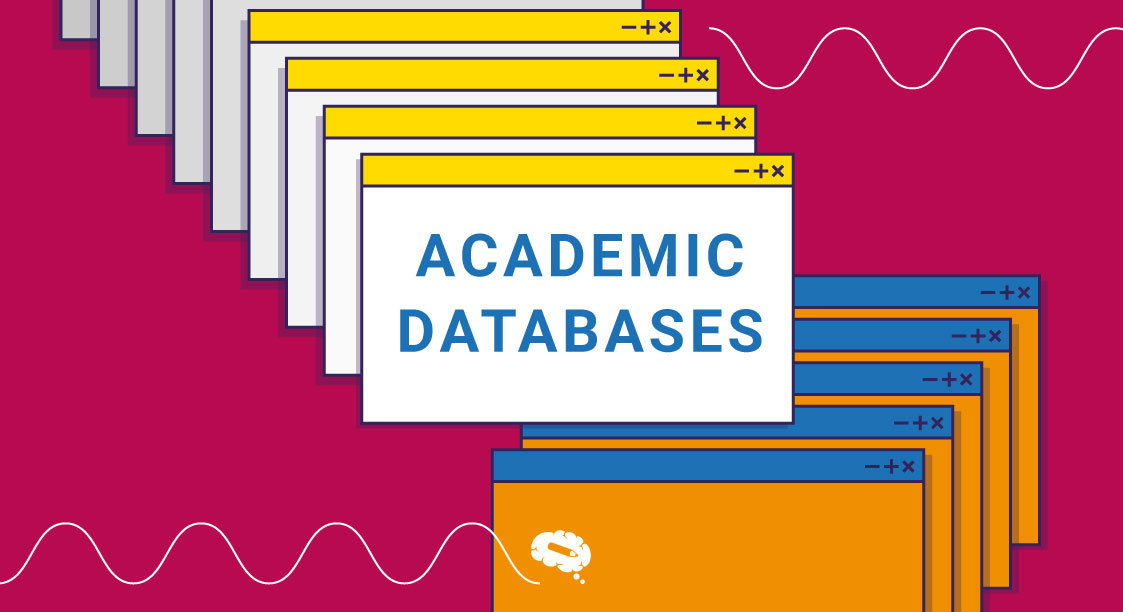Are you in an uninteresting job that doesn’t satisfy your soul? Have you got a passion for knowledge, a thirst for intellectual exploration, and a burning desire to contribute to your chosen field? Some people love to learn new things and research about them all the time, are you one of them? What if we tell you that you can make a career out of it?
Yes, you read it right. There is a term called Academic Career that is specifically for people who want to make a career out of learning and spreading their knowledge. In this article, you are going to learn in-depth about an academic career, its types, the skill set required, and also the roadmap for achieving success in it.
What Is An Academic Career?
An academic career typically refers to a profession in which individuals engage in research, teaching, and scholarly activities within an educational institution, such as a university or college. It involves pursuing advanced degrees, conducting research in a specific field, publishing scholarly articles and books, presenting findings at conferences, and teaching students at various levels.
Academic careers vary across disciplines, but they generally follow a similar pattern. It typically begins with obtaining an undergraduate degree in a specific subject area, followed by pursuing a graduate degree, such as a master’s or doctoral degree, in a specialized field. During their studies, individuals are expected to engage in research, acquire knowledge, and develop expertise in their chosen area of study.
Once individuals complete their formal education, they may seek employment as faculty members or researchers at universities, where they continue to conduct research, publish their findings, and contribute to the existing body of knowledge in their field. Academic careers also involve teaching responsibilities, which may include designing courses, delivering lectures, supervising students’ research projects, and providing guidance and mentorship.
Types Of Academic Careers
There are various types of academic careers that individuals can pursue based on their interests, qualifications, and goals. Here are some examples:
Professor/Assistant Professor
This is one of the most common academic career paths. Professors are faculty members who typically hold a doctoral degree in their field. They conduct research, teach courses, advise students, and publish scholarly work.
Also read: Doctoral Degrees In The Digital Age: Can You Get A PhD Online?
Researcher/Scientist
Researchers in academia focus primarily on conducting research in their specialized area. They may work as part of a research team or lead their research projects. Their work often involves securing funding, conducting experiments, analyzing data, and publishing research papers.
Postdoctoral Researcher
Postdoctoral researchers, or postdocs, are individuals who have completed their doctoral degrees and engage in research under the supervision of a principal investigator or mentor. This career stage allows them to gain further expertise and build their research portfolio before pursuing faculty positions or other research opportunities.
Lecturer/Instructor
Lecturers or instructors primarily focus on teaching. They may have a master’s degree or a doctoral degree, depending on the institution and field. They deliver lectures, design course materials, assess student performance, and may be involved in curriculum development.
Academic Administrator
Academic administrators hold leadership positions within educational institutions. They may serve as department chairs, deans, provosts, or university presidents. Their responsibilities include overseeing academic programs, managing faculty and staff, budgeting, and strategic planning.
Librarian/Archivist
Librarians and archivists in academic settings manage and organize information resources, assist students and faculty in accessing research materials, and provide guidance on research methodologies. They may also contribute to scholarly activities, such as curating collections or conducting specialized research.
Academic Consultant
Academic consultants offer specialized expertise to educational institutions, research organizations, or government agencies. They may guide curriculum development, program evaluation, policy formulation, or research methodologies.
Academic Writer/Editor
Some individuals pursue careers as academic writers or editors. They may work for academic publishers, research organizations, or educational institutions, where they contribute to the publication of scholarly books, journals, and other academic materials.
Also read: How To Write A Discussion For A Thesis: An A To Z Guide
Who Are Early Career Academics?
Early career academics, also known as early-career researchers (ECRs), refer to individuals who are in the early stages of their academic careers, typically soon after completing their doctoral degrees or during their postdoctoral research phase. They are at the beginning of their journey to establish themselves as independent researchers and scholars in their respective fields.
Early career academics are often characterized by their enthusiasm, energy, and potential for growth. They are typically focused on building their research profile, expanding their knowledge base, and establishing a reputation within the academic community. While the definition of “early career” may vary across disciplines and institutions, it generally refers to the first few years following the completion of a doctoral degree.
It is worth noting that the challenges faced by early career academics can include securing funding, balancing teaching and research responsibilities, establishing a research niche, and navigating the academic job market. Institutions and funding agencies often offer support mechanisms, mentorship programs, and resources tailored to the needs of early-career academics to help them navigate these challenges and thrive in their careers.
What Skills Can Help People Succeed In Academic Jobs?
Succeeding in academic jobs requires a combination of subject-specific knowledge, research skills, teaching abilities, and professional attributes. Here are some key skills that can help individuals thrive in academic careers:
Expertise In A Subject Area
A deep understanding of the chosen field of study is crucial. It includes staying updated with the latest research, theories, and methodologies within the discipline.
Research And Analytical Skills
Strong research skills are essential for conducting original research, designing experiments, collecting and analyzing data, and drawing meaningful conclusions. The ability to think critically and solve problems is also vital.
Effective Communication
Academic professionals must be able to convey complex ideas and research findings clearly and effectively to different audiences. This includes writing research papers, grant proposals, and scholarly articles, as well as delivering engaging lectures and presentations.
Teaching And Mentoring
Academic jobs often involve teaching and mentoring students. Effective educators possess the ability to explain concepts, facilitate discussions, provide constructive feedback, and inspire students’ intellectual growth.
Time And Project Management
Balancing multiple responsibilities, such as conducting research, teaching, publishing, and administrative tasks, requires strong organizational and time management skills. Prioritizing tasks, setting goals, and meeting deadlines is crucial for success.
Collaboration And Networking
Building collaborations with colleagues within and outside the institution can lead to opportunities for joint research projects, sharing resources, and expanding professional networks. Collaborative skills involve effective communication, teamwork, and the ability to contribute to interdisciplinary projects.
Adaptability And Resilience
The academic landscape can be dynamic and challenging. Being adaptable to changing circumstances, open to new ideas, and resilient in the face of setbacks is important for navigating academic careers successfully.
Also read: Exploring The Role Of AI In Academic Research
How To Become A Professional Academic
Becoming a professional academic involves a combination of education, research experience, networking, and career development. Here are some steps you can take to pursue a career as a professional academic:
Choose An Academic Field
Identify the field or discipline you are passionate about and want to specialize in. Consider your interests, strengths, and long-term goals when making this decision.
Pursue Higher Education
Obtain the necessary educational qualifications for an academic career. This typically involves earning a bachelor’s degree in the relevant field and then pursuing advanced degrees such as a master’s and/or a doctoral degree.
Gain Research Experience
Engage in research activities during your academic journey. This can include working as a research assistant, conducting independent research projects, or pursuing research internships. Seek opportunities to collaborate with experienced researchers and publish research papers.
Develop Teaching Skills
Gain teaching experience by working as a teaching assistant or instructor. This will provide opportunities to develop effective teaching methodologies, create course materials, deliver lectures, and interact with students.
Publish Research
Aim to publish your research findings in peer-reviewed journals and conference proceedings. This demonstrates your expertise, contributes to the academic community, and enhances your credibility as a researcher.
Seek Funding Opportunities
Apply for research grants and funding to support your research projects. Many funding agencies and institutions offer grants specifically for early career researchers. Securing funding can help you advance your research and establish your reputation.
Related article: Funding For Research — Why, Types Of Funding, When, And How?
Develop A Professional Online Presence
Create an online presence by establishing a professional website, maintaining a research profile on academic platforms, and utilizing social media platforms for educational networking. This can enhance your visibility and connect you with other professionals in your field.
Engage In Professional Development
Continuously invest in your professional development by attending workshops, conferences, and training programs. Develop skills in areas such as research methodologies, teaching strategies, grant writing, and leadership.
Apply For Academic Positions
Keep an eye out for academic job openings and apply for positions that align with your research interests and expertise. Prepare a strong curriculum vitae (CV), research statement, teaching philosophy, and letters of recommendation to support your applications.
Pursue Tenure Track or Postdoctoral Positions
Tenure-track positions offer a path to long-term academic employment and tenure, while postdoctoral positions provide further research experience and mentorship. Consider these opportunities to advance your career and gain additional expertise.
Remember that the academic career path can be highly competitive and may vary across disciplines and institutions. Persistence, dedication, and a solid commitment to research and learning are essential for success in an academic career.
Embarking on a professional academic career is a commitment to lifelong learning, individuals can navigate the challenges and pursue a fulfilling and impactful professional academic career. By pursuing higher education, gaining research experience, developing teaching skills, and networking with established academics, aspiring professionals can lay the foundation for their academic journey. While the academic career path may be competitive, with persistence and dedication you can win the race.
Also Read: What Is Academic Guilt and How to Overcome It
Make Scientifically Accurate Infographics In Minutes
You might know about instant coffee and instant noodles. But have you ever heard about amplifying your scientific papers instantly? No, we aren’t beating around the bush. We know infographics play a crucial role in your paper presentation and thus, came up with a tool that provides infographics instantly that align with your content.
Mind the Graph is the tool that makes scientifically accurate infographics in minutes. This means you need not waste hours searching to create the right graph or fit in a unique visual. Sign Up now and explore for free.

Subscribe to our newsletter
Exclusive high quality content about effective visual
communication in science.






